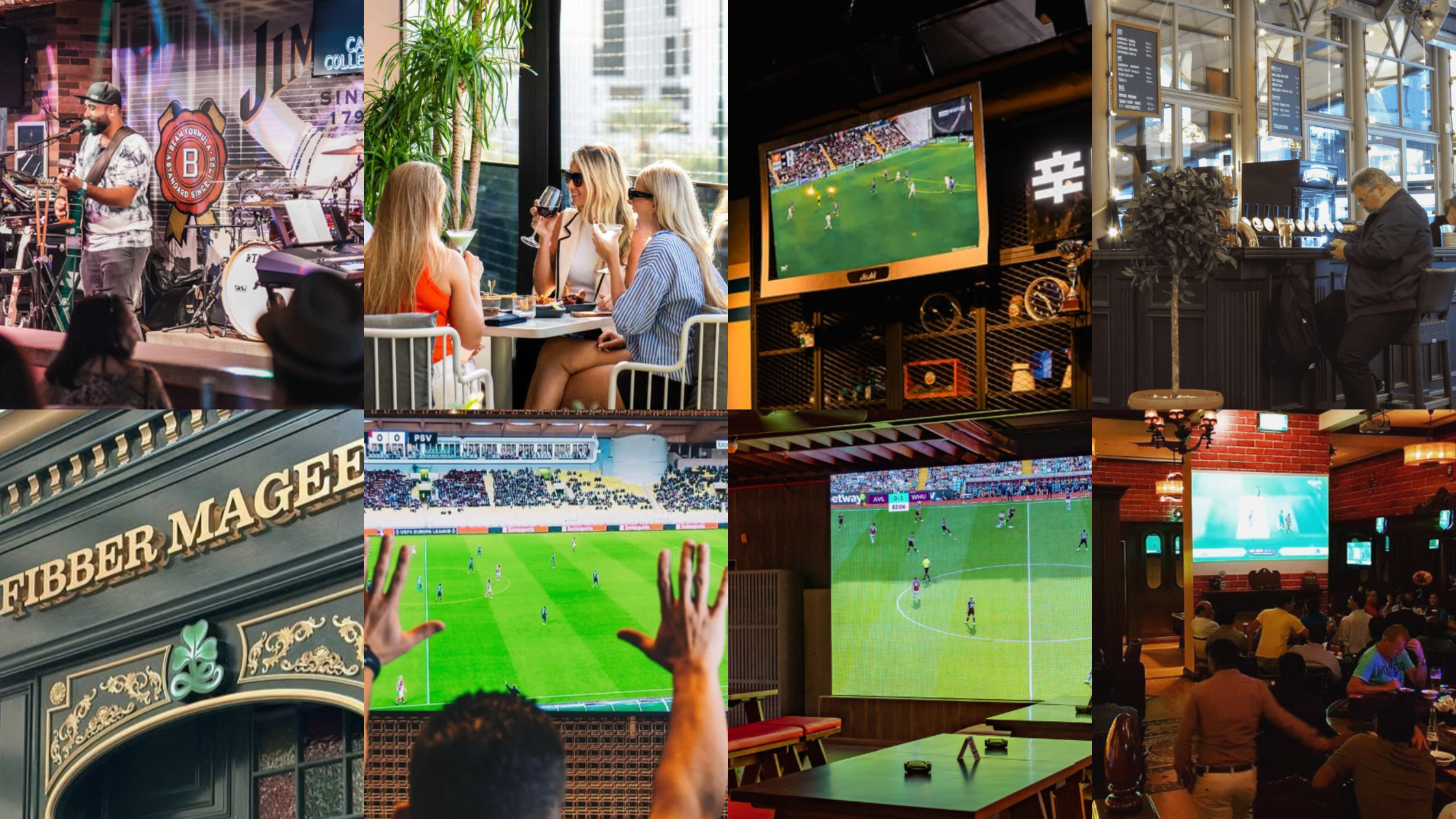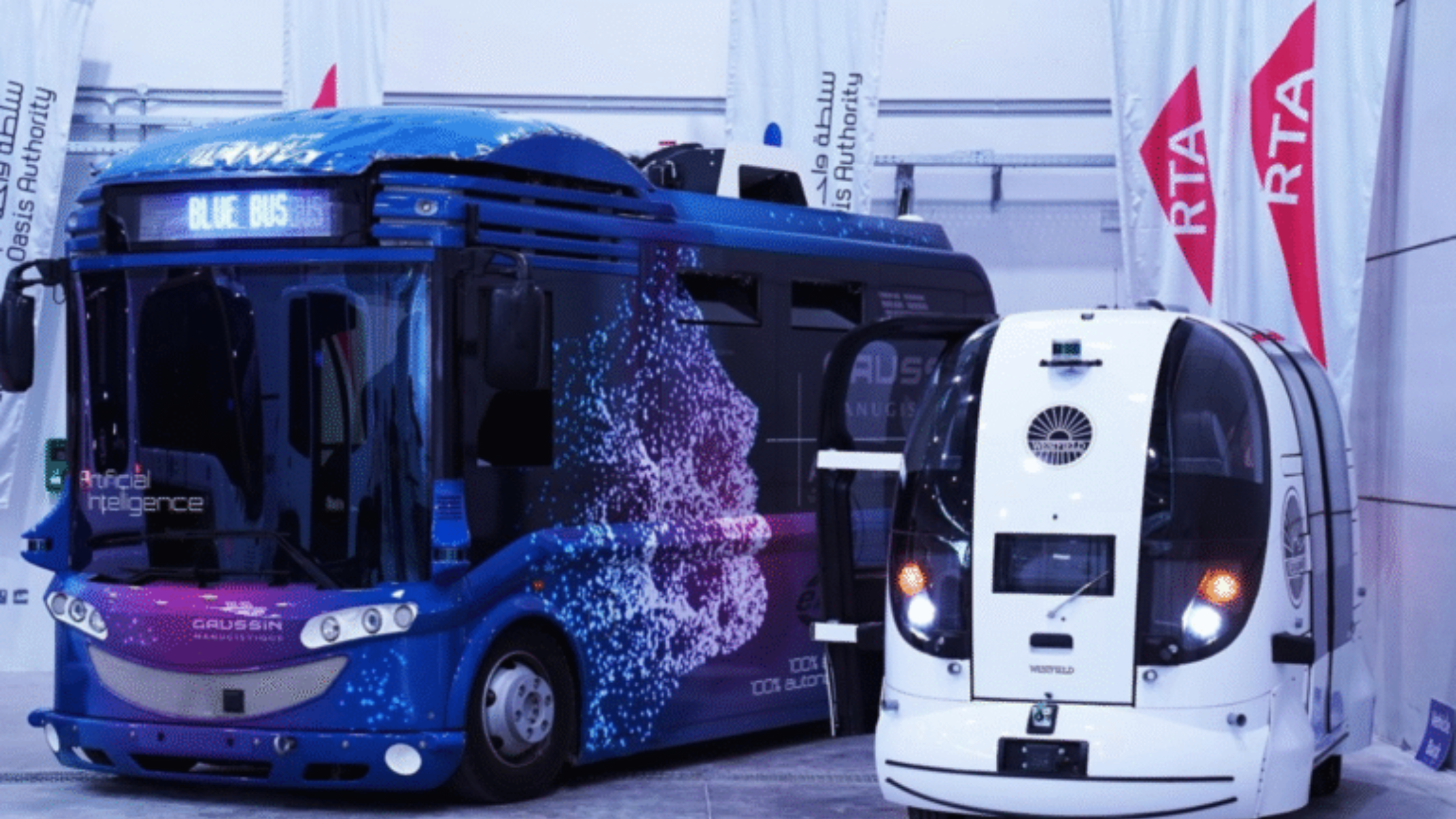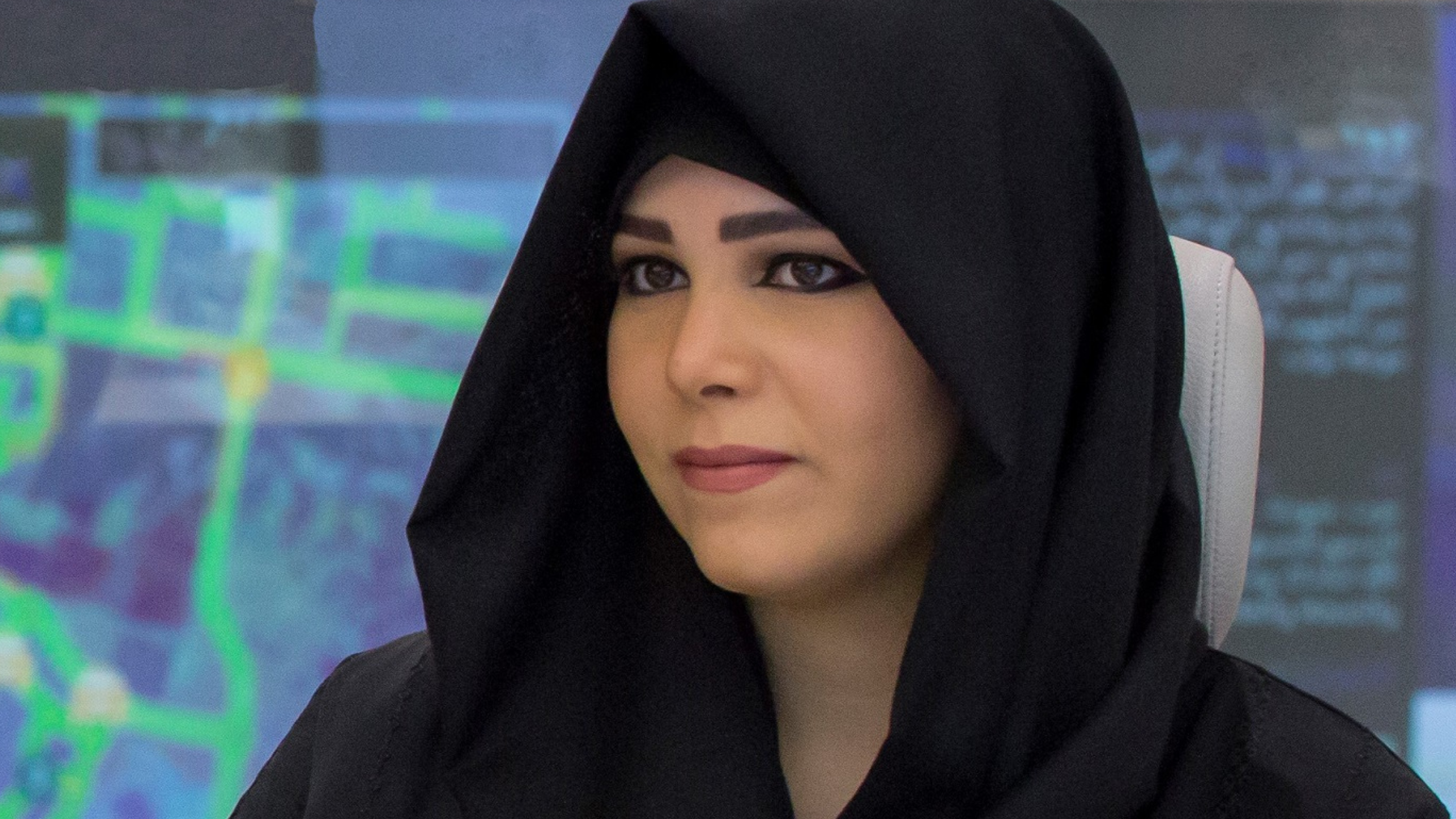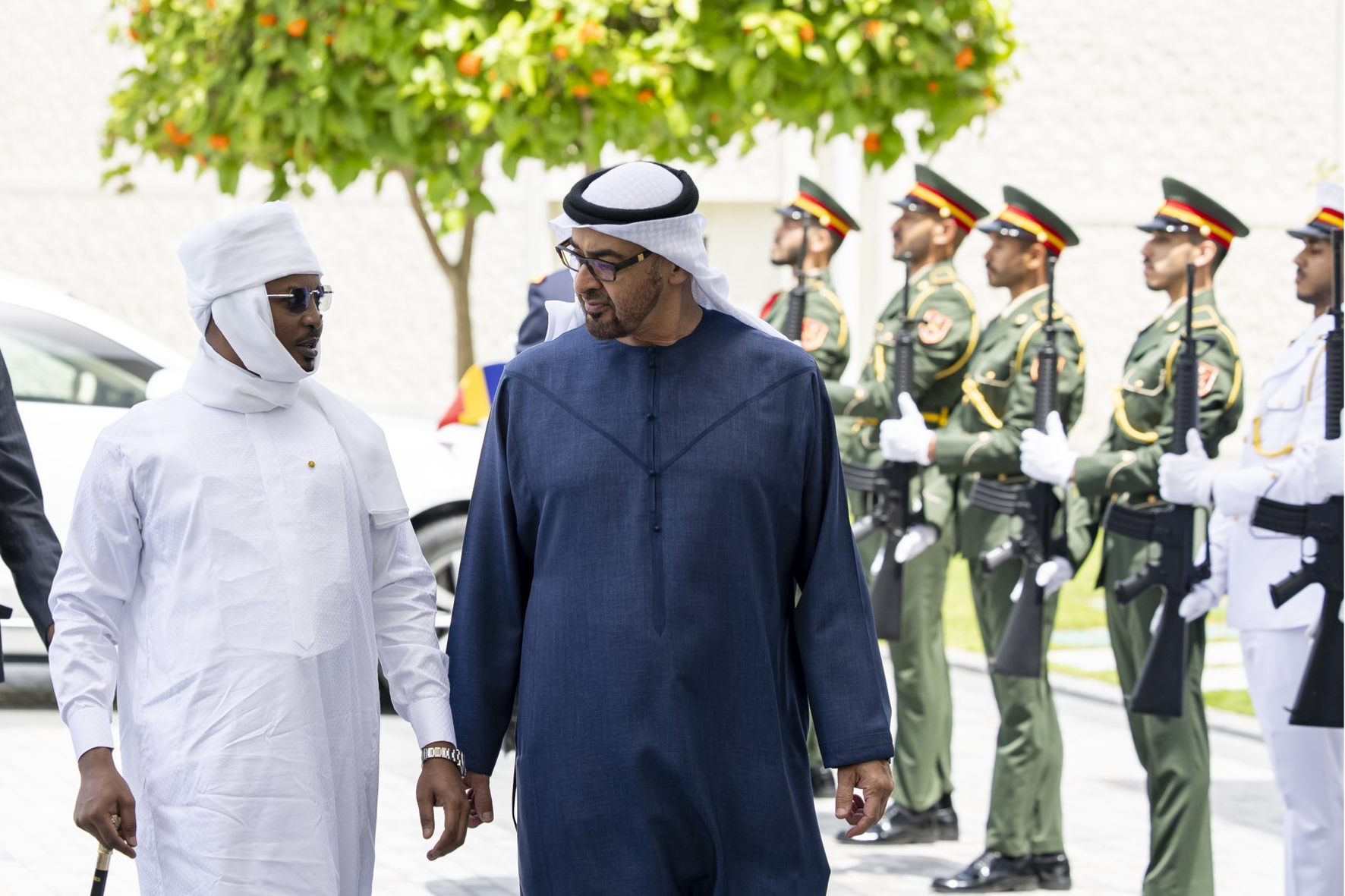UAE and India Urge Peaceful Resolution Amid Israel-Iran Tensions
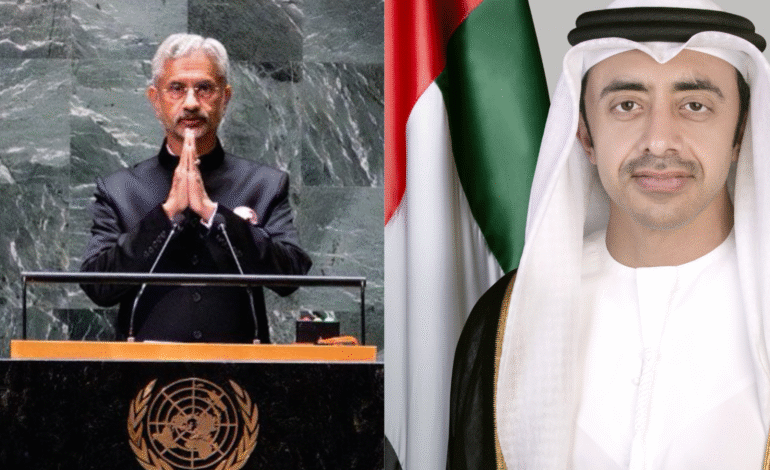
In the face of escalating tensions in the Middle East, global diplomatic efforts are intensifying to prevent wider conflict and maintain stability. Sheikh Abdullah Bin Zayed Al Nahyan, Deputy Prime Minister and Minister of Foreign Affairs of the United Arab Emirates, held a vital phone conversation with Dr Subrahmanyam Jaishankar, India’s Minister of External Affairs. The two leaders discussed the growing crisis following Israel’s recent military strike on the Islamic Republic of Iran. Their conversation emphasized the shared commitment of the UAE and India to promote peace, encourage dialogue, and prevent any further deterioration of regional stability.
Israeli Strike on Iran Sparks Middle East Crisis
The recent Israeli military operation targeting Iranian military installations has heightened tensions across the already volatile Middle East region. This significant military action has drawn global attention, with fears rising that continued hostilities could escalate into a broader regional conflict. The fragile security landscape of the Middle East, long marked by historical disputes and rivalries, now faces renewed risks.
Sheikh Abdullah and Dr Jaishankar’s timely discussion came as both nations seek coordinated efforts to manage the crisis, underscoring their shared interest in promoting stability and preventing a wider confrontation that could threaten global security.
UAE and India’s Unified Diplomatic Approach
Both the United Arab Emirates and India maintain long-standing foreign policies that prioritize peaceful conflict resolution through diplomatic engagement. During their conversation, Sheikh Abdullah and Dr Jaishankar reaffirmed this shared diplomatic approach, emphasizing the importance of open communication and mutual respect in defusing tensions and resolving disputes.
They called on all parties involved to exercise maximum restraint, avoid provocative actions, and engage in meaningful dialogue to address underlying issues. The ministers agreed that only through diplomatic negotiations can sustainable peace be achieved in such complex conflicts.
Dialogue: The Cornerstone of Conflict Resolution
The ministers stressed that dialogue remains the most effective and essential tool for preventing conflicts from escalating. In a region where misunderstandings can quickly spiral into open warfare, transparent and inclusive negotiations are critical.
Sheikh Abdullah and Dr Jaishankar underlined the importance of communication channels remaining open among all stakeholders. They also highlighted the crucial role that international diplomacy must play in facilitating these conversations, bringing conflicting parties to the negotiating table, and building trust between adversaries.
Urgency for De-escalation and Preventive Measures
Both leaders agreed that immediate de-escalation is essential to prevent the current situation from triggering a full-scale regional conflict. Further military actions would not only destabilize the Middle East but also have severe consequences for global economic stability, energy security, and international peace.
Sheikh Abdullah and Dr Jaishankar discussed the importance of coordinated diplomatic measures, urging all global and regional actors to support de-escalation efforts. They stressed that diplomatic interventions, including those facilitated by neutral international organizations like the United Nations and Arab League, are vital to defuse tensions.
Wider Regional Security at Stake
The ministers also examined the broader implications of the Israel-Iran tensions for regional security. The Middle East remains a focal point of global geopolitical rivalries, with multiple conflicts already straining the region’s fragile stability.
Sheikh Abdullah and Dr Jaishankar warned that continued escalation could trigger a chain reaction, pulling in neighboring countries and destabilizing an already fragile region. They emphasized that all regional and global actors have a shared responsibility to prevent the spread of conflict and uphold regional stability.
International Community’s Crucial Role
While regional leaders bear the primary responsibility for resolving tensions, Sheikh Abdullah and Dr Jaishankar stressed the vital role of the international community in supporting peace efforts. They called on global powers to encourage restraint, back diplomatic initiatives, and work collectively to promote peaceful resolutions.
The ministers emphasized that the international community must act impartially, respecting national sovereignty while providing diplomatic support and mediation efforts that create conditions for lasting peace and stability.
UAE-India Bilateral Relations: A Model of Cooperation
The conversation between Sheikh Abdullah and Dr Jaishankar also reinforced the strong, strategic partnership between the UAE and India. The two nations have built comprehensive ties across multiple sectors, including trade, defense, energy, technology, and cultural exchange.
Their shared approach to handling international crises reflects the depth of mutual trust that defines UAE-India relations. The ministers agreed that their continued cooperation will play a constructive role in addressing global challenges and promoting peace in the Middle East and beyond.
Long-Term Commitment to Regional Peace and Stability
Both foreign ministers reiterated their countries’ long-term commitment to regional peace. They recognized that sustainable peace must address not only immediate military threats but also the root causes of conflict, including political, economic, and social factors.
Sheikh Abdullah reaffirmed the UAE’s foreign policy focus on peaceful dispute resolution, humanitarian support, and fostering development. Dr Jaishankar emphasized India’s dedication to multilateralism, non-intervention, and global cooperation. Together, these shared values underscore both nations’ determination to foster enduring stability.
Exploring Diplomatic Pathways for Resolution
During their discussion, Sheikh Abdullah and Dr Jaishankar explored various diplomatic pathways to help resolve the growing crisis. They discussed the potential for the UAE and India to facilitate dialogue, serve as neutral platforms for negotiation, and support confidence-building measures that encourage peaceful solutions.
Their proactive diplomatic engagement highlights the emerging role of middle powers like the UAE and India in leading global peacebuilding efforts and shaping international diplomacy in times of crisis.
Global Economic and Energy Market Risks
The ministers acknowledged that further military conflict could severely disrupt global energy markets and trade routes. The Middle East is central to the world’s energy supply chain, and any escalation would likely impact oil prices, international trade, and financial markets globally.
Sheikh Abdullah and Dr Jaishankar stressed the importance of maintaining energy supply stability and protecting vital international trade routes. They emphasized that Middle East stability is directly tied to global economic health and international prosperity.
Humanitarian Concerns: Protecting Civilian Lives
Both ministers expressed grave concern over the humanitarian consequences of escalating conflict. Military confrontations have historically led to civilian casualties, large-scale displacement, and humanitarian crises across the region.
Sheikh Abdullah and Dr Jaishankar emphasized the importance of adhering to international humanitarian law, protecting civilian populations, and ensuring timely humanitarian assistance to affected communities. They reaffirmed their countries’ dedication to reducing human suffering and promoting peace for vulnerable populations impacted by conflict.
The Power of Multilateral Platforms in Conflict Resolution
Finally, both foreign ministers recognized the essential role of multilateral organizations in managing and resolving global conflicts. Institutions such as the United Nations, the Organization of Islamic Cooperation (OIC), the Non-Aligned Movement (NAM), and the G20 remain key platforms for fostering dialogue, building consensus, and mobilizing coordinated global efforts.
Sheikh Abdullah and Dr Jaishankar reaffirmed their support for multilateral diplomacy, stressing that cooperation through these institutions will be vital in achieving lasting solutions to ongoing regional tensions.

